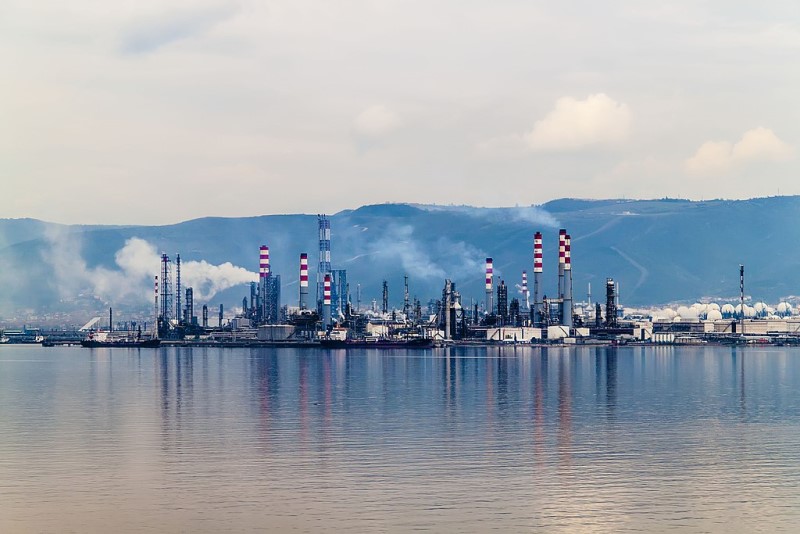Mehmet Şimşek at the Helm: The Impossibility of Reconciling Neoliberal Orthodoxy and Populism
By Barış Soydan
September 8, 2023
Hailed by markets as the “savior” of the Turkish economy, Mehmet Şimşek has in fact launched policies whose price will be borne by large segments of the public. Tax hikes, although narrowing the budget deficit, will further fuel inflation, increasing poverty. In this respect, the new fiscal policy resurrects the paradigm that guided the IMF program in 2001. However, staying true to the spirit of the IMF program is a recipe for political troubles ahead for the Erdoğan regime. With municipal elections due in March 2024, President Recep Tayyip Erdoğan may therefore well conclude that “heterodox” economic policies will have to be resurrected.
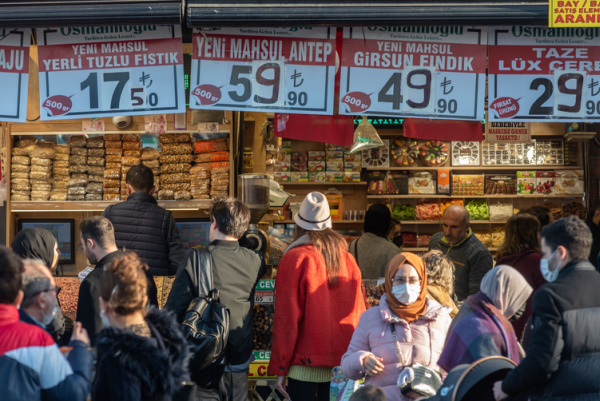
The Niger Coup and Turkey’s Military Industrial Complex in Africa
By Michaël Tanchum
August 23, 2023
The recent military coup in Niger marks the point of no return for the unraveling of France’s dominant economic and military influence across West Africa. Turkey is the foreign actor that stands to benefit most, with the potential to emerge as a leading strategic partner for the nations of the region. Turkey’s engagement with West Africa is a unique, dual approach that blends military and economic engagement while deftly intertwining humanitarian aid and cultural outreach. Ankara has already become a significant provider of weapons systems and military training while Turkish firms concurrently have been creating a commercial architecture of integrated manufacturing activity stretching from the Central Maghreb to coastal West Africa. As the interior territory within this architecture, the landlocked, Sahel nations of Niger, Mali, and Burkina Faso, each now ruled by a military junta, present both challenges and opportunities for the advancement of Turkey’s ‘military industrial complex’ in West Africa.
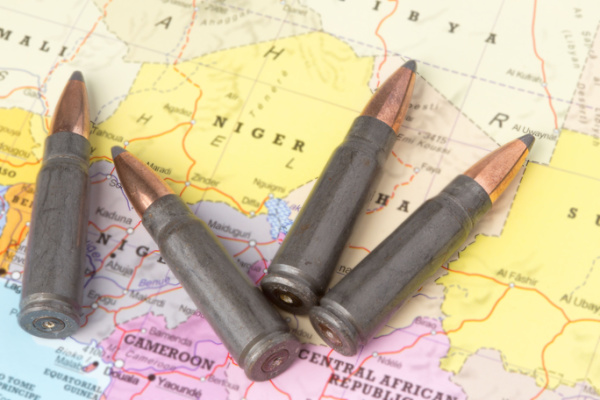
Can the Turkish Opposition Win Without Promising Social Change?
By Barış Soydan
March 24, 2022
While the disaster that struck Turkey on February 6 has brought attention to the collusion between political power and construction companies, the fact that the opposition maintains the same unhealthy relations with business where it’s in charge and its reluctance to address the concerns of the poorer classes preclude deeper, systemic changes if it wins the election. But without holding out the prospect of major social and economic reform, it remains to be seen whether the opposition succeeds in beating Recep Tayyip Erdoğan.
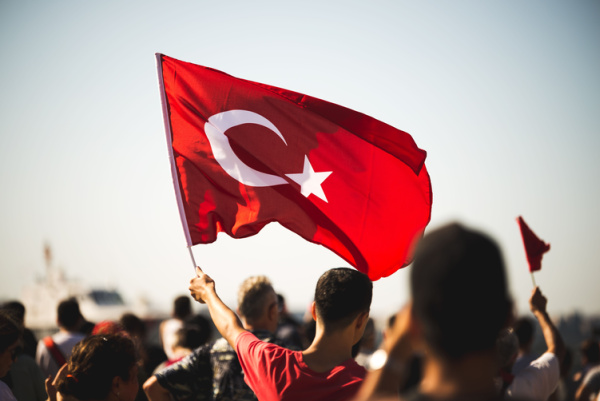
The Non-ending of Miseries of Workers under AKP rule
By Barış Soydan
March 23, 2021
Turkey’s ruling Justice and Development Party (AKP) and its leader Recep Tayyip Erdoğan have always claimed to represent the people, the downtrodden, against the elite, which is an important key to their longevity in power. Yet, during its eighteen years in power, the AKP has consistently sided with the economic elite against labor. The AKP has not only preserved the legacy of the conservative governments that preceded it – and of the military rulers who at the beginning of the 1980s imposed severe constraints on labor rights – but it has further limited the rights of workers. The response of the Turkish government to the pandemic has demonstrated a blatant indifference to workers’ health and safety.
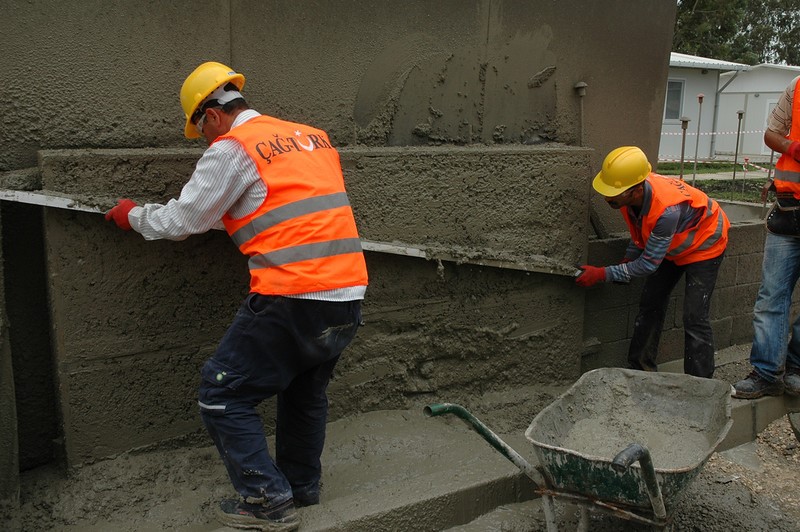
Black Sea Gas Find Gives Turkey Leverage against Russia
By Natalia Konarzewska
November 23, 2020
In August 2020, Turkey announced the first sizeable natural gas discovery off its Black Sea coast, estimated to contain some 320 billion cubic meters (bcm) of gas. In October 2020, after weeks of additional exploration, Turkey revised the estimation of the newfound gas reserve upwards to 405 bcm. The discovery of the Sakarya gas field was met with euphoria, as it came after years of unfruitful quest for indigenous natural gas reserves. The finding promises to ease Turkey’s dependence on hydrocarbon imports and Ankara will likely use its new-found gas field as leverage against Russia, which is bound to have geopolitical implications.
